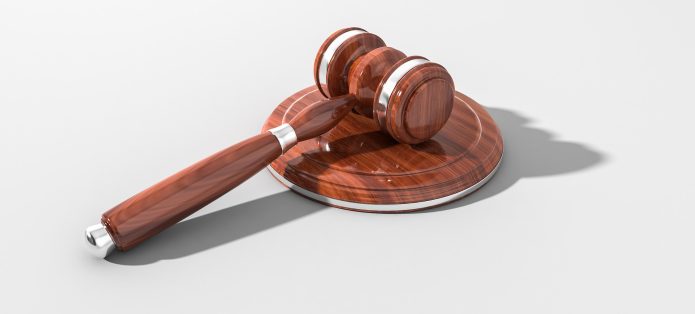

The general rule is that the losing party pays the costs of the winning party. This can follow a final determination of a matter (such as a trial) or following an interlocutory application (i.e. an application within the proceedings).
The ‘losing’ side will usually have to pay either:
- standard costs (which are to be assessed if not agreed); or
- indemnity costs
Very occasionally, the Court may make an order of “no order as to costs”.
When can legal costs be recovered?
Following an interlocutory hearing of one day or less, the Judge will usually make an order than one party, usually the losing party, will pay the costs of the other party. The Judge will also usually summarily assess the costs at the hearing. The practice is for both sets of Counsel to make short submissions on the reasonableness of the costs set out in a statement of costs. The Judge will then take a broad-brush approach and make an order as to the sum to be paid.
In any hearing lasting more than one day, or for a trial, the standard order made by the Court is “costs to be assessed if not agreed” in favour of one party or the other. This means that if costs cannot be agreed between the parties, a detailed costs assessment will be required to determine the level of costs. However, the Court is also likely to award an interim payment of costs of between 50% to 70% of the total amount of costs to be claimed. The Court will also determine whether the losing party needs to pay costs on a standard basis (which is the norm) or on an indemnity basis (see below).
Whether agreed or determined by the Court, once the Court orders “reasonable costs” to be paid by a party, these will be assessed by the Court (if not agreed between the parties).
Again, in practice this is typically a fairly smooth process where an agreement is reached without the matter having to go to Court. Law firms and government bodies which deal with litigation go through the process all-too-frequently and typically, the negotiations are given over to specialist costs draftsmen, who are experts in the field.
Standard costs
Where the parties cannot agree on “reasonable costs” and the costs are left to be assessed by the Court, the Court should, according to the civil procedure rules:
- “(a) only allow costs which are proportionate to the matters in issue. Costs which are disproportionate in amount may be disallowed or reduced even if they were reasonably or necessarily incurred; and
- (b) resolve any doubt which it may have as to whether costs were reasonably and proportionately incurred or were reasonable and proportionate in amount in favour of the paying party”.
Can you claim back all your legal costs?
In some cases, Courts may make an order for “indemnity costs” to be paid to the losing party. Indemnity costs means the party that lost is ordered to pay a higher costs contribution to the winner than is standard (around 90% – 100% of the costs claimed instead of around 60% – 80% for standard costs). That proportion, unlike “reasonable costs”, does not necessarily need to be proportional, see the case of Three Rivers District Council and others v Bank of England. Even though a party may be able to claim indemnity costs, it is in fact rare for a party to be able to claim back allof their legal costs.
Indemnity Costs
A Court will usually order the losing party to pay costs on the indemnity basis where the conduct of the losing party is out of the norm. Examples of this could include where the losing party has made a misconceived claim; they have missed Court deadlines; have made allegations that have later been dropped; or the Court has made findings of dishonesty against the losing party.
If you require any advice relating to litigation issues, please do not hesitate to contact us, or alternatively, follow us on Twitter, Facebook, or LinkedIn to stay-up-to-date.
The information in this blog is for general information purposes only and does not purport to be comprehensive or to provide legal advice. Whilst every effort is made to ensure the information and law is current as of the date of publication it should be stressed that, due to the passage of time, this does not necessarily reflect the present legal position. Gherson accepts no responsibility for loss which may arise from accessing or reliance on information contained in this blog. For formal advice on the current law please don’t hesitate to contact Gherson. Legal advice is only provided pursuant to a written agreement, identified as such, and signed by the client and by or on behalf of Gherson.
©Gherson 2021

